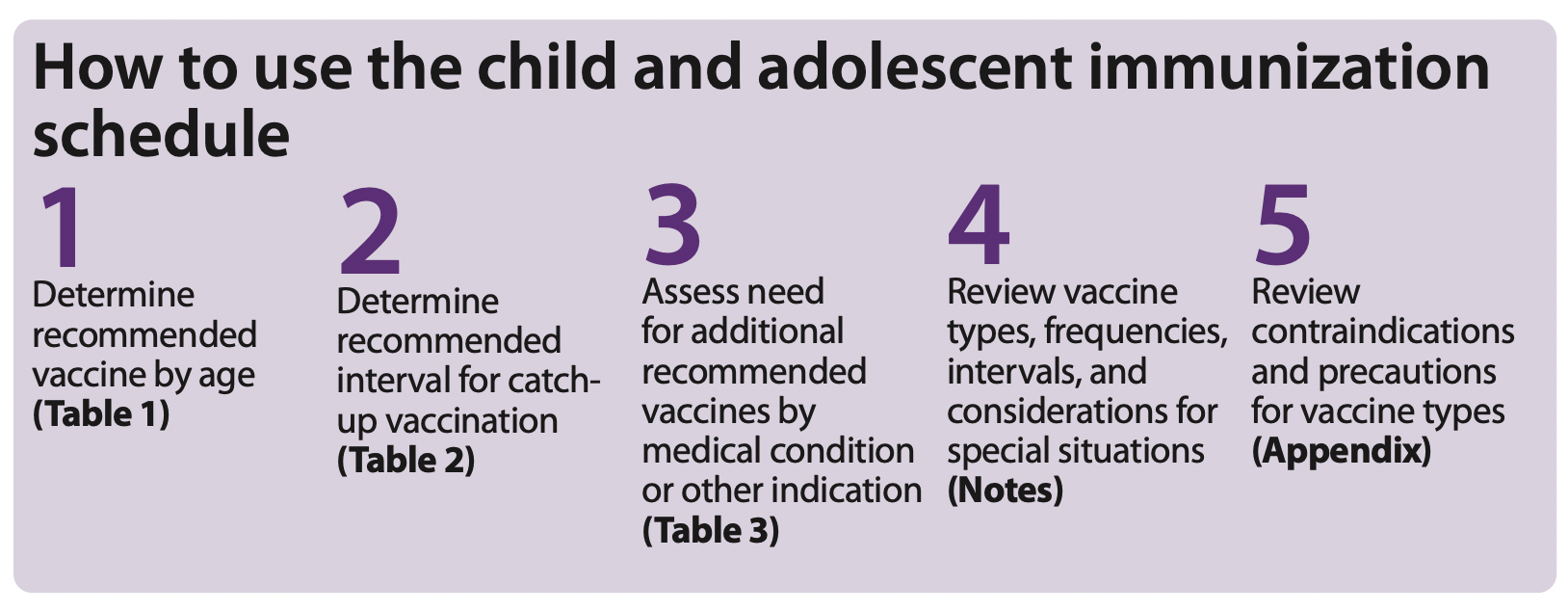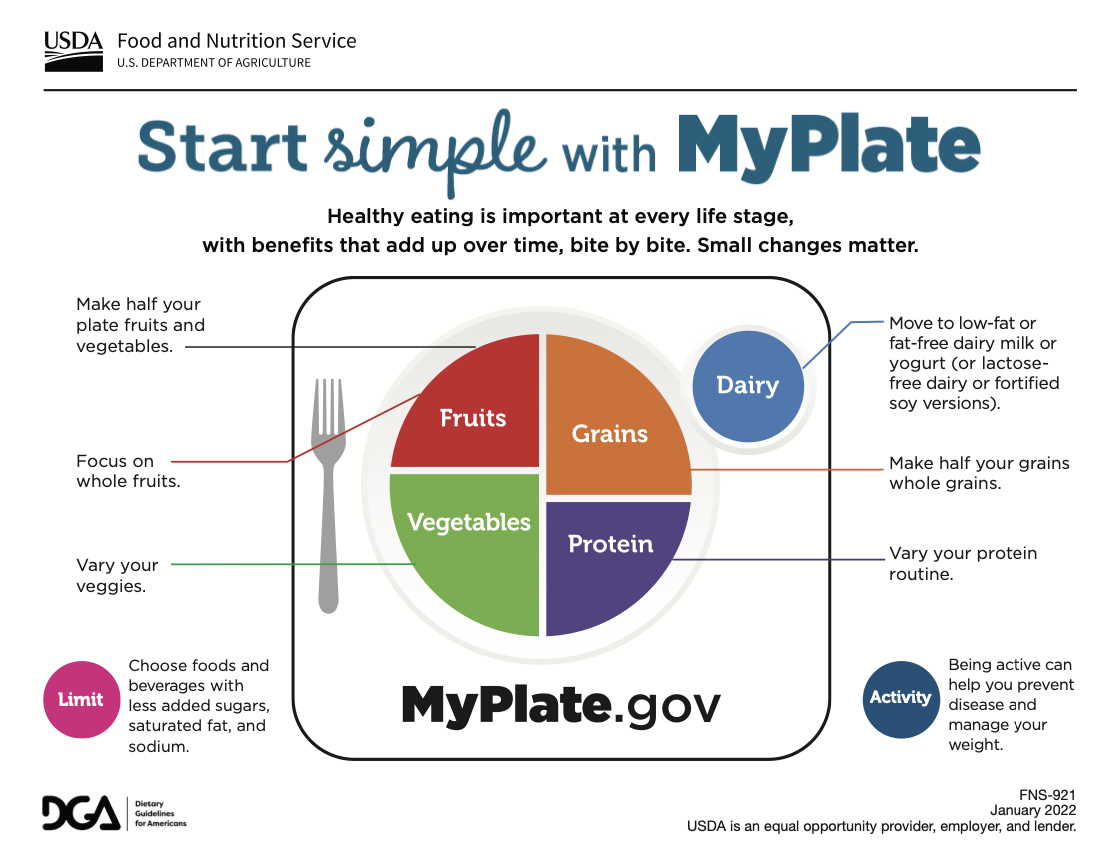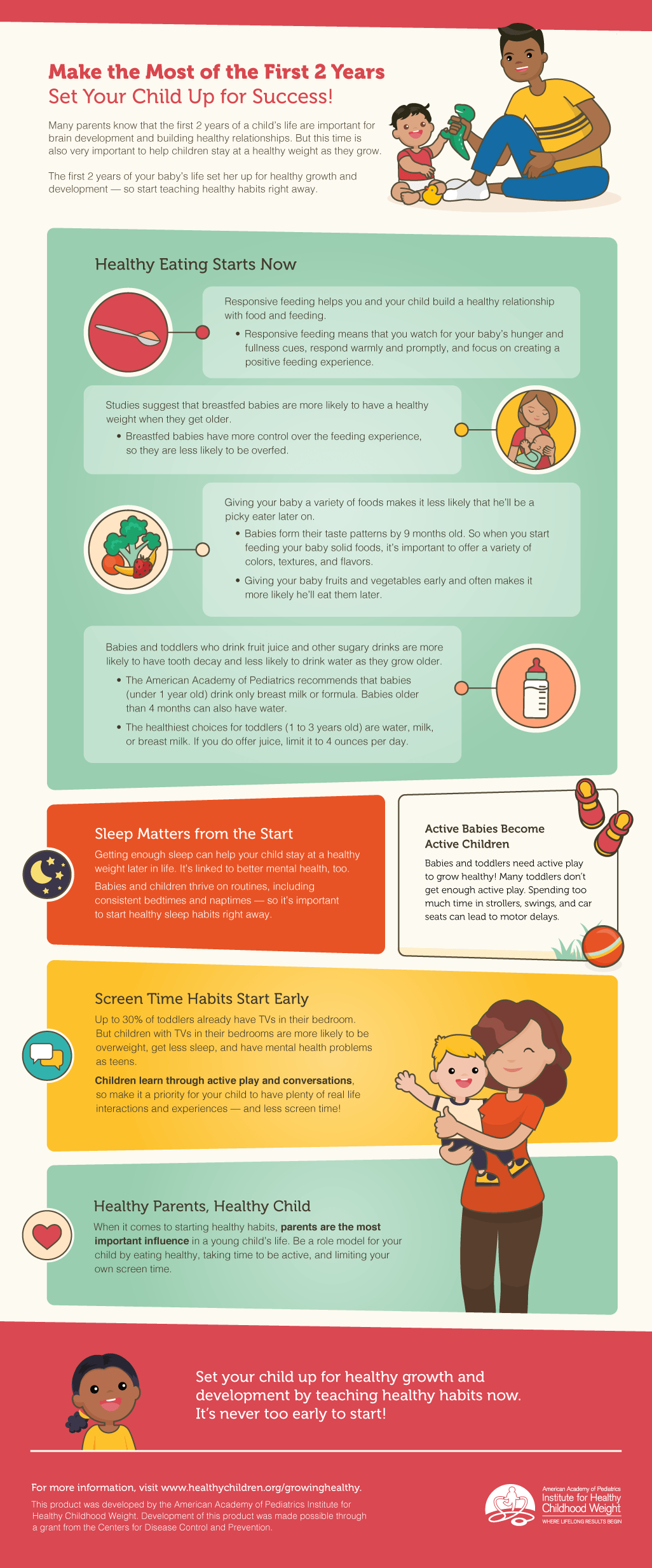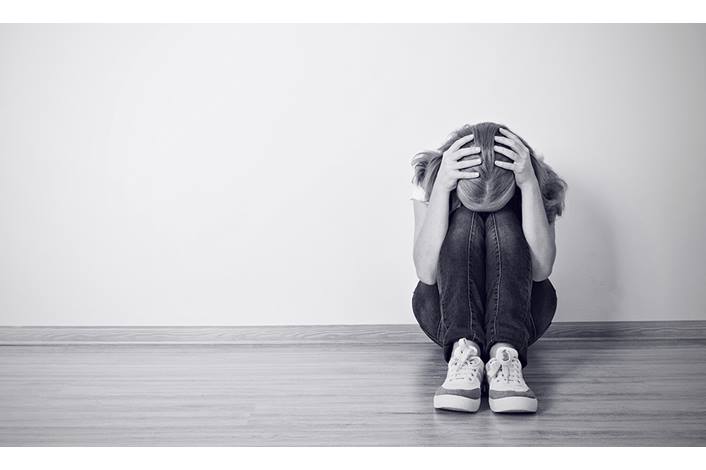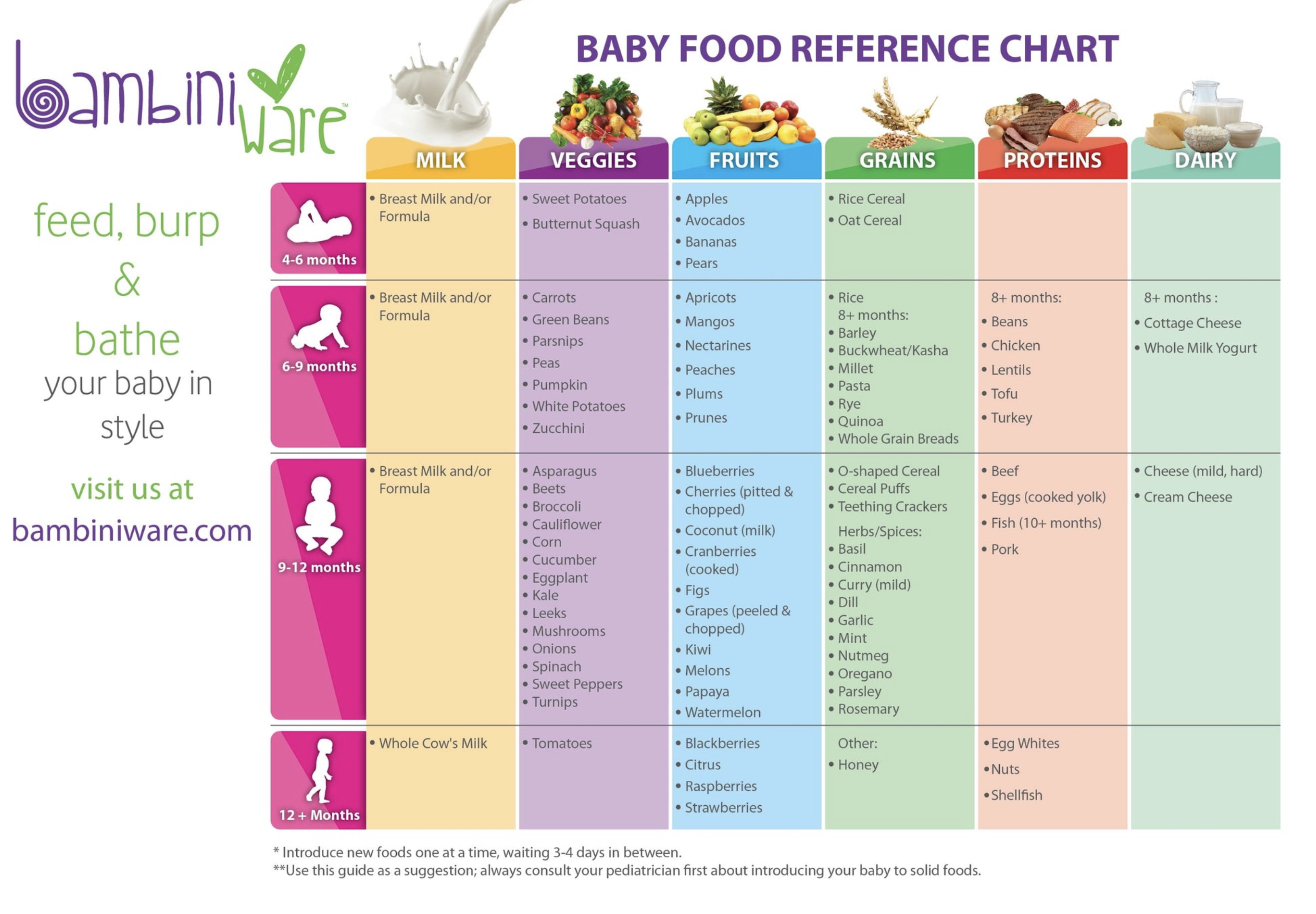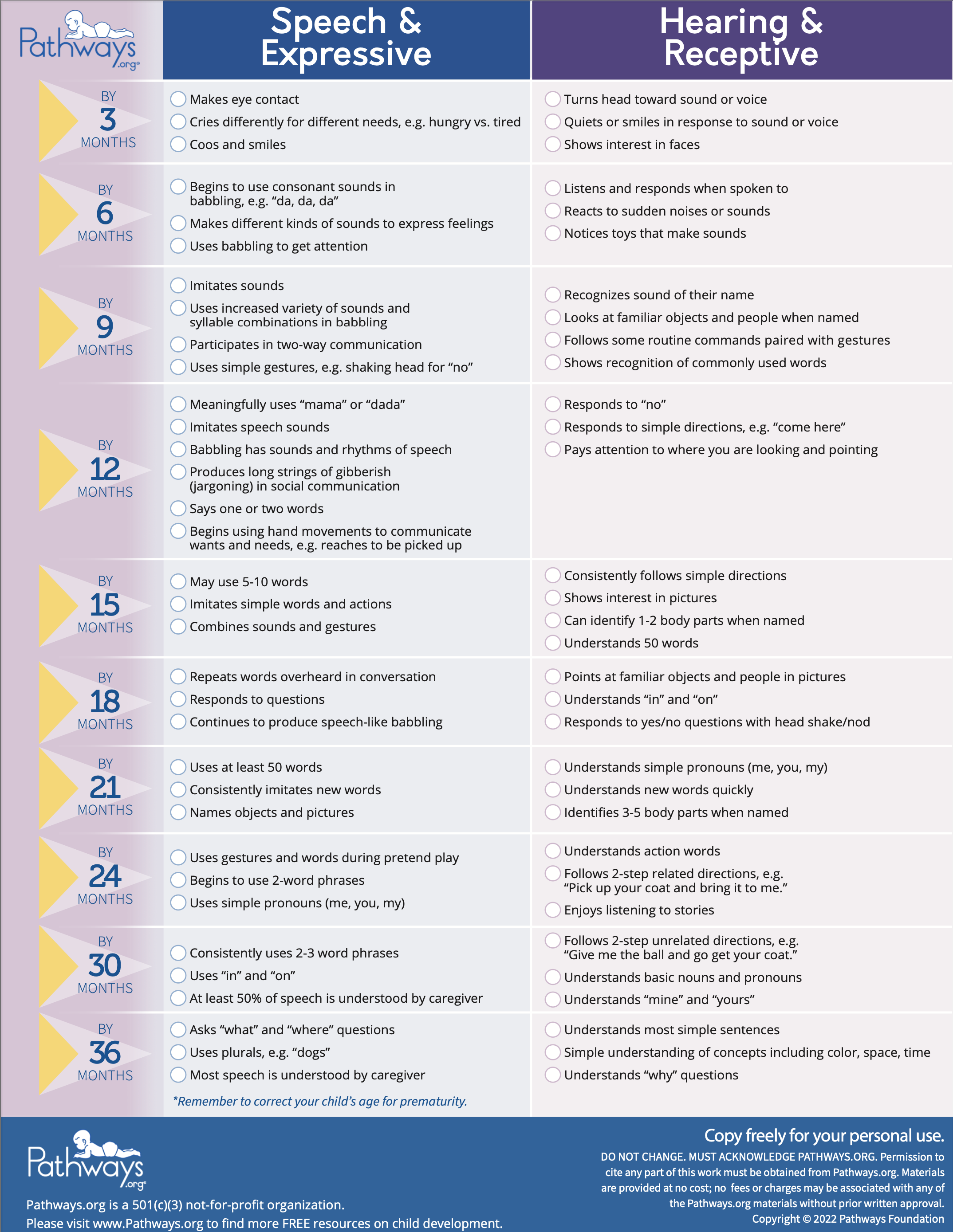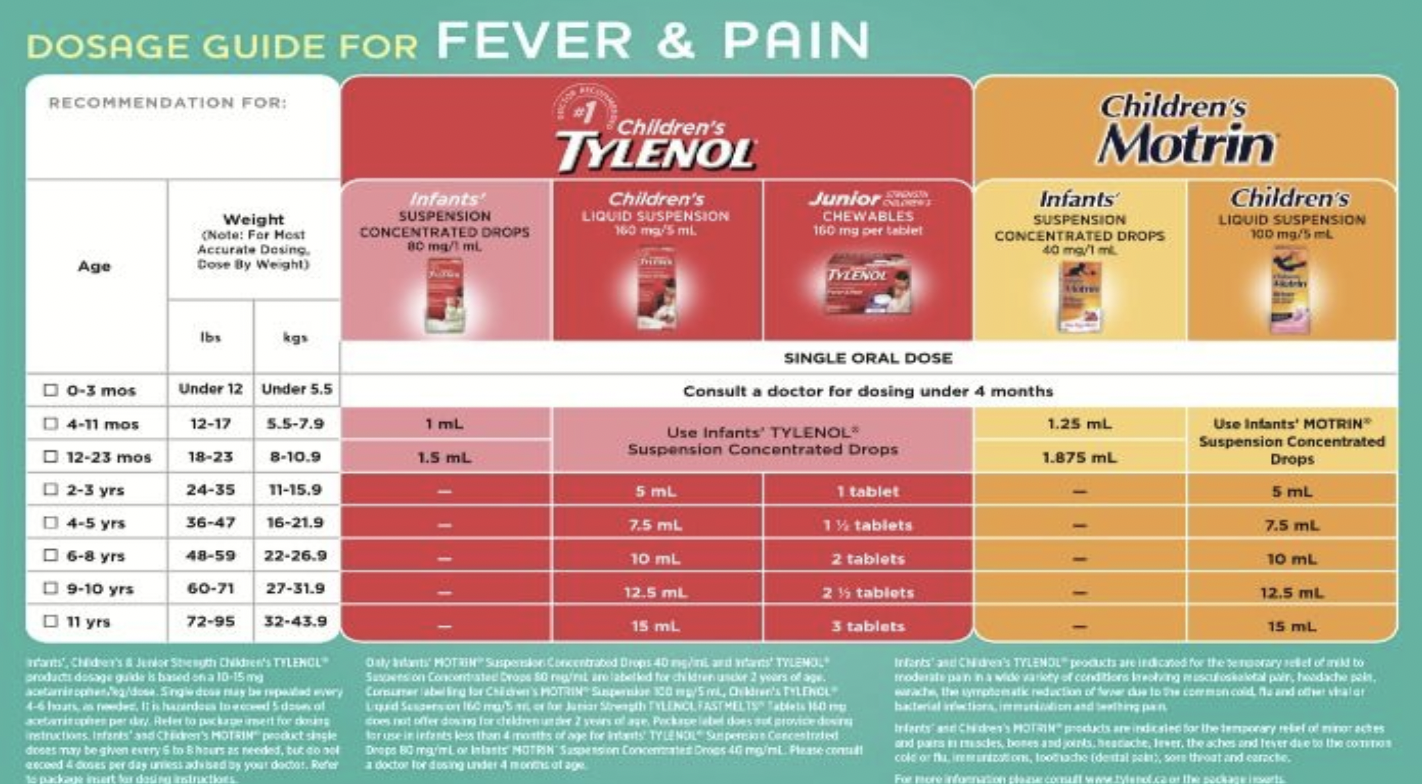When should I go to the ER?
The choice to go to the emergency room is rather straightforward. Emergency departments are set up to treat the most severe symptoms. Examples of when emergent care is needed and 911 should be called immediately if you or a loved one is:
- Choking
- Having breathing difficulties or has stopped breathing
- Suffering from a head injury, particularly if it’s causing fainting or confusion
- Suffering from a neck or spine injury, especially if it’s accompanied by loss of feeling or inability
- Suffering from an electric shock or lightning strike
- Severely burned
- Having severe chest pain or pressure
- Having a seizure(s) that lasts between three and five seconds
- Lacerations
- Broken Bones
- Respiratory concerns for children 6 months or less
- Fevers over 103.0 Fahrenheit that is not coming down
——————————————————————————————————————–
When should I go to urgent care ?
Difficulties getting appointments, long delays in waiting rooms and abbreviated appointments have caused many Americans to supplement their primary care with services from urgent care centers and walk-in clinics. Urgent care centers are convenient, they don’t typically take appointments, are opened longer during the week than primary care offices and offer weekend hours. And because they’re dealing with urgent health issues, they’re often equipped with X-ray machines.
In a pinch, urgent care centers are ideal for treating when your primary care provider is not available or at capacity.
Both urgent cares and primary care can treat:
- Small cuts
- Flu and bad colds
- Sprains and muscle pulls
- Shortness of breath
- Fever and headache
- Diarrhea and vomiting
- Abdominal pain
- Sinus infections
- Ear infections
- Minor eye injuries
- Rashes
- Colds
- Congestion
- Sore throat
- Urinary infections
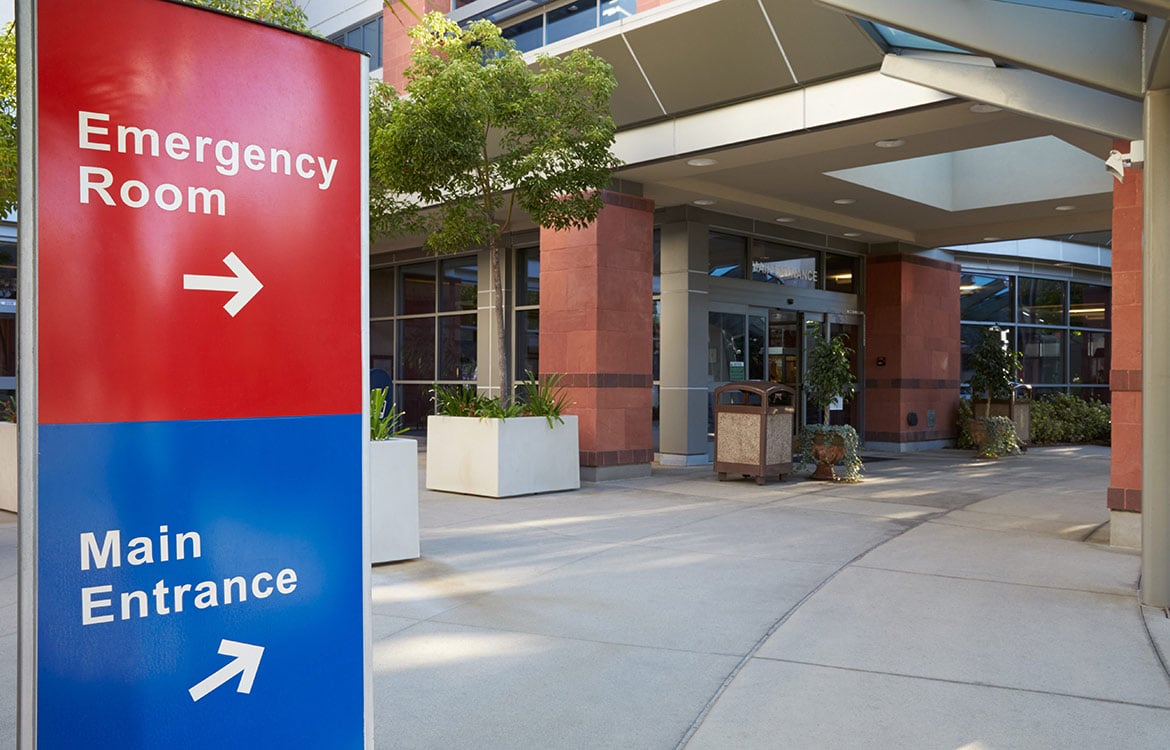

 Don’t fall behind on your child’s routine care — a minor issue today could become a major problem tomorrow.
Don’t fall behind on your child’s routine care — a minor issue today could become a major problem tomorrow.